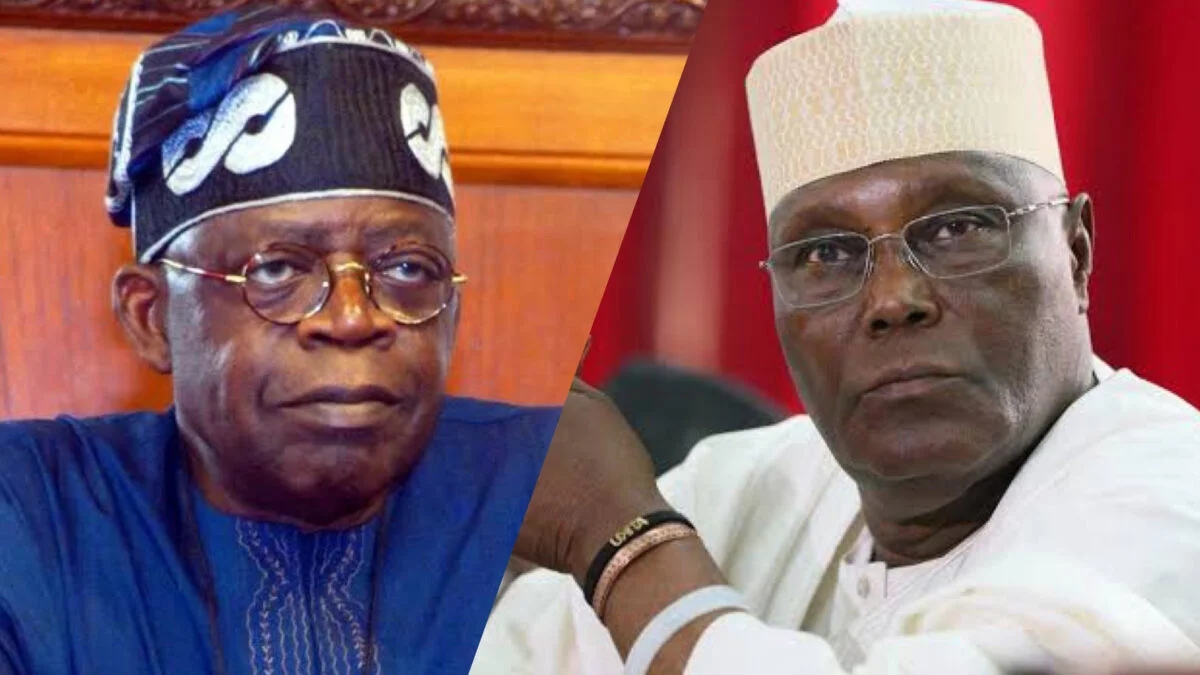The Federal Government has taken a decisive step to boost Nigeria’s economy by partnering with the Made in Nigeria Project, an initiative designed to promote locally-made goods on both national and international stages.
The project, which received official backing from the Presidency, is being led by Nwabueze George, an advocate for economic transformation through the promotion of indigenous products.
During the inauguration of the steering committee for the Made in Nigeria Project, Nwabueze George emphasized the critical need for the country to prioritize its home-grown goods. “The only way forward for Nigeria’s economy is to empower our local industries. The promotion of Made in Nigeria products is not just a project but a movement that will change the trajectory of our economic future,” he said.
Nwabueze George expressed gratitude to the Federal Government for endorsing the initiative, noting that the partnership marks a pivotal moment for Nigerian manufacturers and entrepreneurs who have long sought recognition and support. “The Presidency’s approval of this partnership will enable us to scale our operations, connecting Nigerian goods to a broader global market and fostering local business growth,” he added.
According to George, the project is also set to address issues related to job creation, reducing reliance on imports, and boosting Nigeria’s GDP through the increased exportation of locally made goods. The initiative aims to harness the potential of Nigeria’s vast natural resources and talented workforce.
The newly formed steering committee, inaugurated to oversee the implementation of the project, will focus on ensuring that Nigerian products meet international standards while promoting their acceptance both locally and globally. Nwabueze George also urged Nigerians to embrace the “Buy Nigerian” philosophy, stating, “Our products have the potential to compete globally, and it’s time we give them the recognition they deserve.”
As the project gains momentum, stakeholders from across various sectors, including manufacturing, agriculture, and technology, are expected to join forces in making the vision of Made in Nigeria a reality.







2 Comments